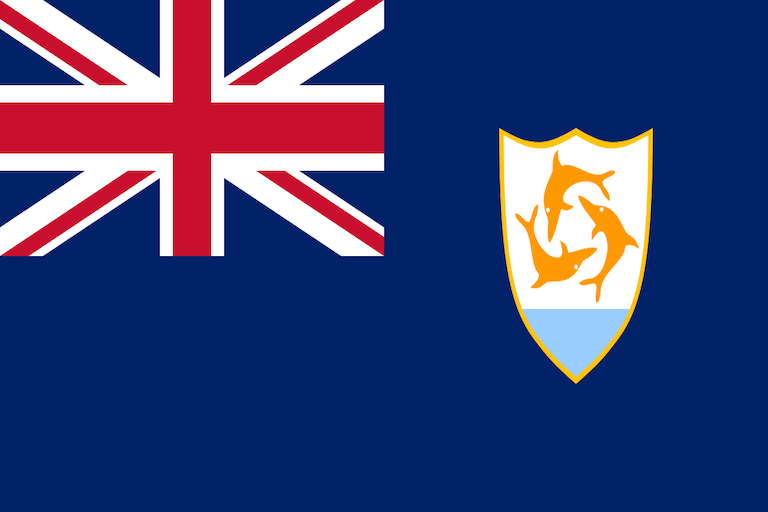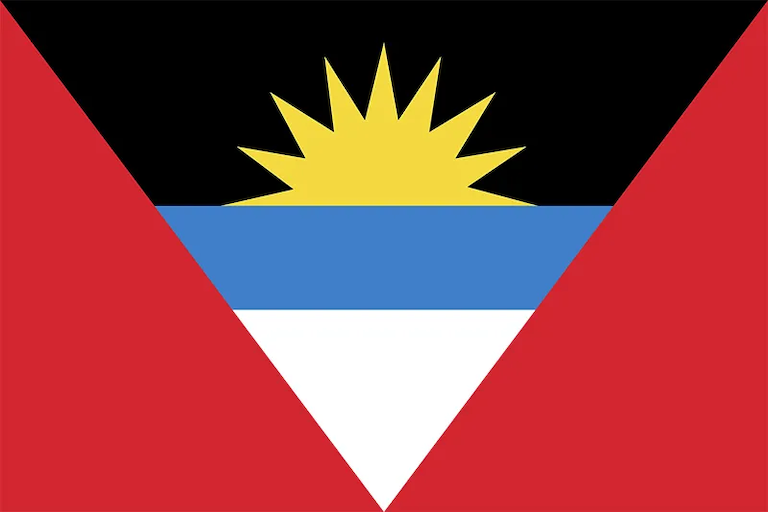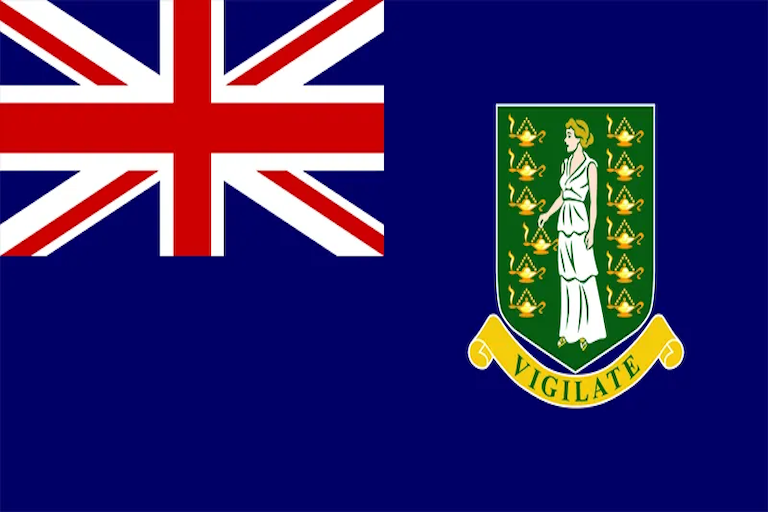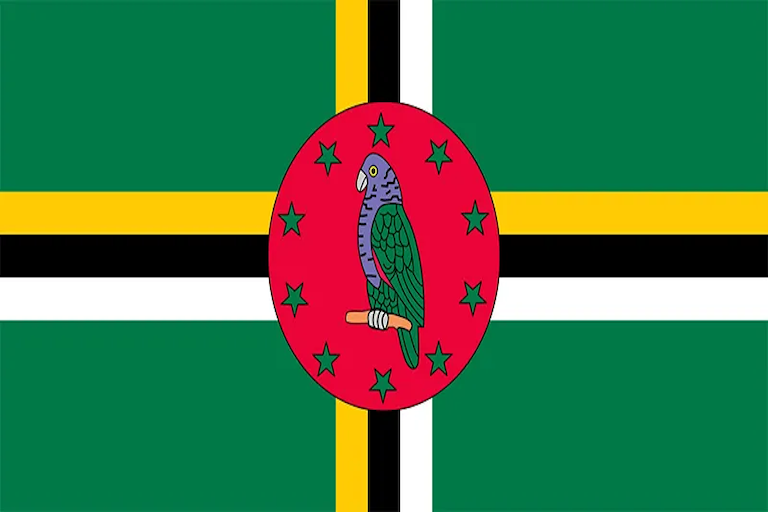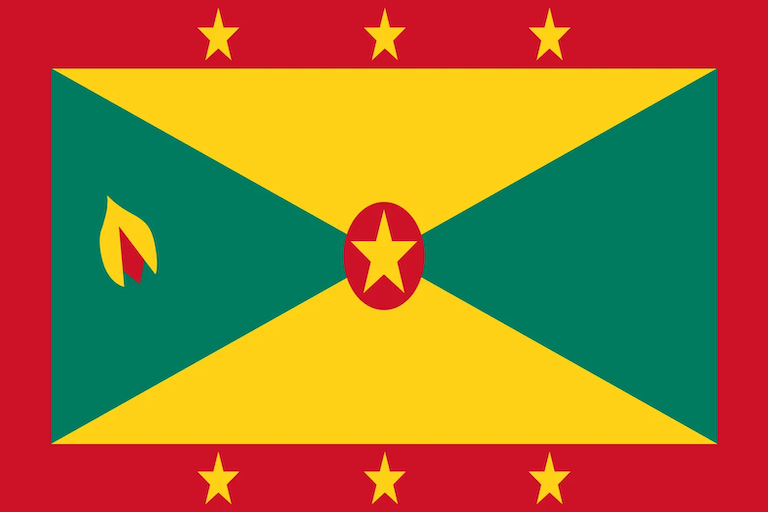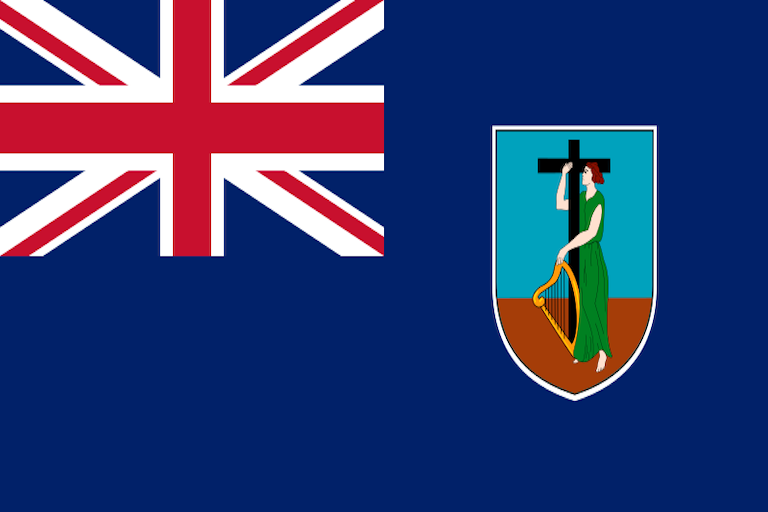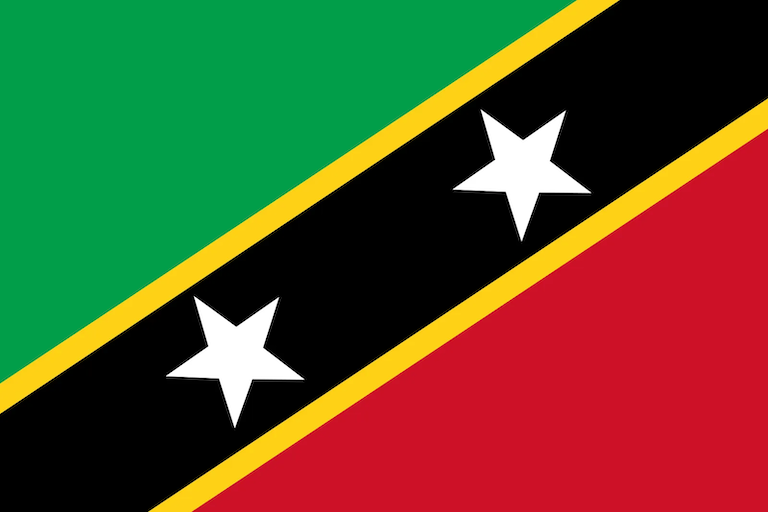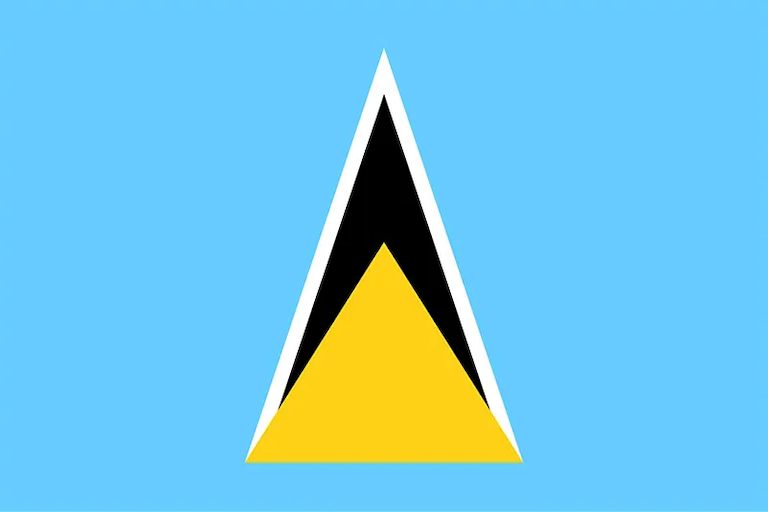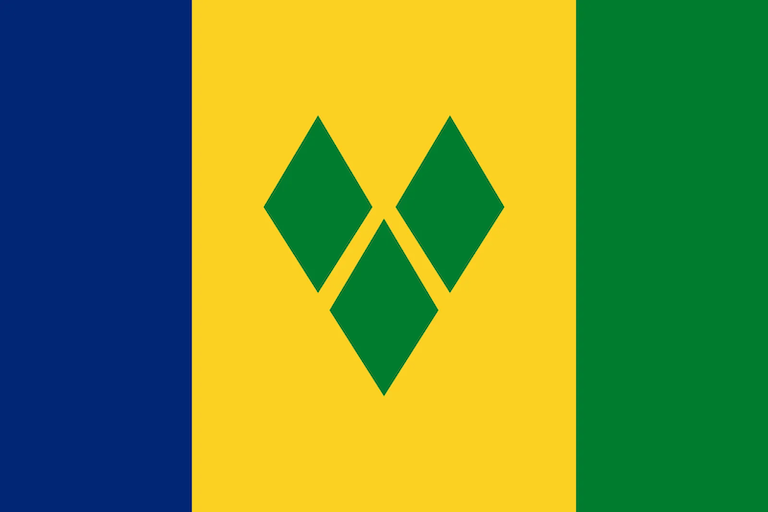The OECS' Unique Program for Pharmaceutical Procurement for the Eastern Caribbean
The OECS is an International Inter-governmental Organization dedicated to regional integration in the Eastern Caribbean. The Vision is for “A better quality of life for the people of the OECS” with the corresponding Mission: “To drive and support sustainable development through regional integration, collective action and development cooperation.” Vital to this Vision is the OECS Pharmaceutical Procurement Service (PPS), which is the official institution within the OECS that procures medicines and allied health equipment on behalf of Member States.
With the rise of communicable and non-communicable diseases within the Caribbean, the delivery of quality health care in the OECS faces significant challenges, not the least of which is the availability and access to affordable medicines and direct and allied health care supplies. The procurement of medicines within the OECS historically posed unique challenges given the small populations and the lack of bargaining power exhibited by individual Member States procuring individually. In response, OECS Governments in 1986 decided to pool the procurement and management of pharmaceuticals and medical supplies to leverage their bargaining power to achieve economies of scale.
The OECS Pharmaceutical Procurement Service (PPS) has consistently provided Member States with a reliable supply of safe and effective medical products by using a quality assurance program which has encompassed a restricted international tendering system with post-marketing surveillance. The PPS has achieved annual cost savings of approximately USD $4 million, reinforcing the PPS as an excellent cost-benefit model of economic and functional cooperation between OECS Member States.
The PPS also boasts the value-added factors of: enhanced quality assurance; coordinated training and research; regional cooperation and integration; a harmonized formulary manual; sharing of information and experience; transparent and rational procurement, and confidence-building with clients and suppliers. Of note are the shared culture, language (i.e. English), ethnicity and currency as well as single labeling, making the OECS model potentially a prototype that may be adaptable in and for other regions of the world, especially regarding access and availability to essential controlled medicines.
We at Walther Global Palliative Care & Supportive Oncology at Indiana University are pleased to highlight the OECS PPS as we develop and deepen our collaborations in the Caribbean region as well as in, and across, other regions that may glean important information and potentially useful strategies from this model.


